
The conference brought together 44 in-depth scientific reports and 11 poster reports by leading scientists from the fields of medicine , technology and management. The plenary session focused on the national strategy on artificial intelligence (AI), the legal corridor and AI applications in hospitals as well as in the smart healthcare system. The thematic reports were divided into eight parallel sessions, comprehensively reflecting the application of AI in healthcare in Vietnam and the world.
The highlight of the Conference was the announcement of the “AI4Health 2025 Consensus” document – a strategic statement, affirming AI as a key driving force for creating a modern, safe and sustainable healthcare system. The Consensus sets out six principles for developing AI in healthcare, emphasizing core values: human-centered, ensuring ethics and safety, standardizing and securing data, promoting innovation, enhancing international cooperation, and sustainable development for public health.
The conference agreed on five commitments for action, including: Building a legal and ethical framework for medical AI; Developing a national health data infrastructure; Promoting research and innovation in the field of AI; Training interdisciplinary human resources in health and technology; Establishing the Vietnam AI4Health Alliance - a national network for cooperation and sharing of biomedical data.

In his opening speech, Professor, Doctor, People's Physician Le Ngoc Thanh, Rector of the University of Medicine and Pharmacy, Head of the Conference Organizing Committee, affirmed: "AI is not just technology - it is the promise of a more humane, precise and equitable medicine. Vietnam needs to seize this opportunity to become a regional center for research and application of artificial intelligence in medicine."
The AI4Health 2025 Conference is not only a scientific forum, but also an affirmation of Vietnam's aspiration to make artificial intelligence a pillar of a modern, humane and globally integrated healthcare system.
Professor, Dr. Nguyen Thanh Thuy , Chairman of the Vietnam Association of Informatics, Chairman of the Club of Faculties - Schools - Institutes of Information Technology and Communications of Vietnam emphasized: AI in healthcare is not just an "add-on" application but will create revolutionary changes in the operational structure (diagnosis, treatment; preventive medicine; drug design, remote health care...), not only an application in work processing but also in building the country's digital health infrastructure.
The biggest challenge today is not the accuracy of deep learning models, but the availability, standardization and interconnectivity of medical data. Data is considered a resource, but it is still fragmented, unstandardized and lacking in synchronization. This is the most urgent bottleneck that needs to be resolved for the development of Medical AI in Vietnam.
For AI to truly contribute to creating a modern and sustainable healthcare system in Vietnam, Professor, Dr. Nguyen Thanh Thuy believes that it is necessary to focus on the following three strategic pillars:
First, standardize national health data. We must move from storing medical records to building a national health data infrastructure according to international standards. Without standardization, all efforts to apply AI will be local projects, lacking scalability and unable to ensure objectivity.
Second, training human resources is interdisciplinary and cross-disciplinary. Technologists cannot solve clinical problems on their own, and doctors cannot optimize algorithms. This gap is creating gaps in AI implementation. There is an urgent need to train interdisciplinary and cross-disciplinary experts - who understand pathology and are proficient in Data Science and AI Engineering.
Third, the legal and ethical framework for AI. Transparency and accountability are paramount for AI applications in healthcare. We cannot accept a “black box” making decisions regarding human life.

Deputy Minister of Health, Dr. Nguyen Tri Thuc said that in Vietnam, the health sector has applied AI relatively early in a number of areas: Diagnostic imaging, optimizing treatment regimens, supporting cancer treatment, managing electronic medical records, remote medical examination and treatment, disease forecasting, etc., which have initially brought positive results, helping to reduce administrative procedures, optimize hospital operations, and improve the experience and quality of treatment for people, especially in remote areas.
The application of AI in healthcare brings many benefits, but also poses high requirements for accuracy, safety and ethics during the implementation process. The Ministry of Health also determined that AI cannot replace humans but is only a support tool.
To ensure that AI applications in healthcare are implemented in the right direction, the leaders of the Ministry of Health suggested that the conference focus on a number of key, core contents: perfecting the system of legal documents regulating the application of AI in healthcare; studying the clear regulations on the Research Strategy, development orientation and application of AI in healthcare, helping to clearly define priority areas of healthcare to create valuable medical AI systems...
On the other hand, build and develop digital platforms and large, quality medical databases, with the priority being to complete digital infrastructure and create large medical data warehouses to create a source of correct-sufficient-clean-alive information for AI to exploit and use. Ensure full regulations on enhancing patient data protection; complete the development of ethical guidelines in the use of AI, all final treatment decisions must be supervised and confirmed by doctors, ensuring professional responsibility and patient rights...
Dr. Nguyen Tri Thuc emphasized: The Ministry of Health determined that the legal corridor must be one step ahead, so it will closely coordinate with the Ministry of Science and Technology, relevant agencies, units, managers, and experts to build a legal framework and ethical rules for testing, deploying, and being accountable for medical AI products; creating conditions for innovations to develop in a controlled and safe manner.
Source: https://nhandan.vn/ai-la-dong-luc-de-kien-tao-he-thong-y-te-hien-dai-an-toan-va-ben-vung-post918157.html





















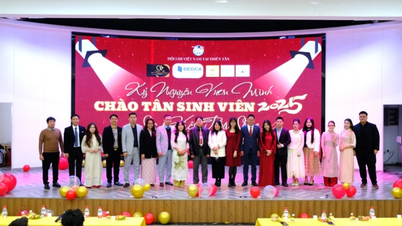

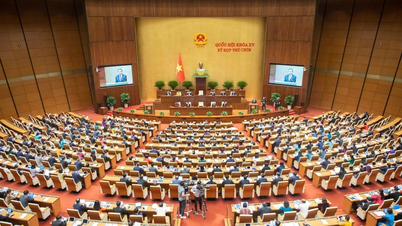
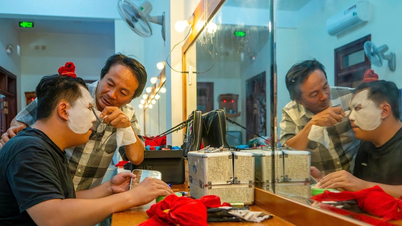
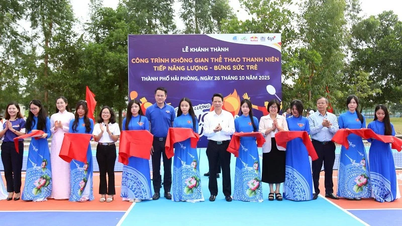












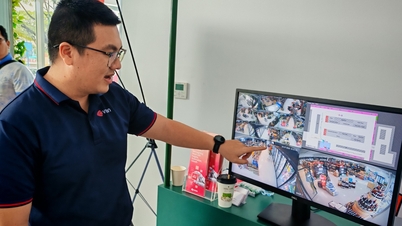






















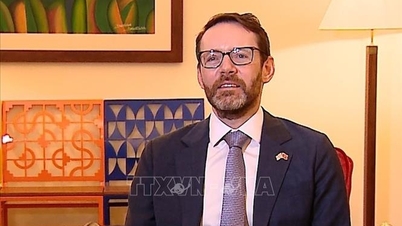







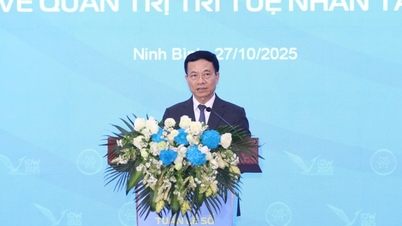





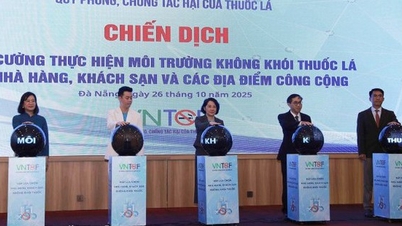






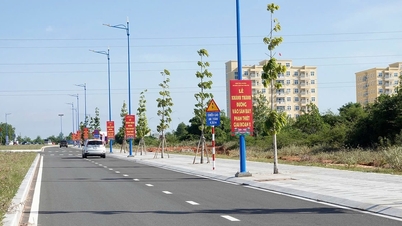

















Comment (0)